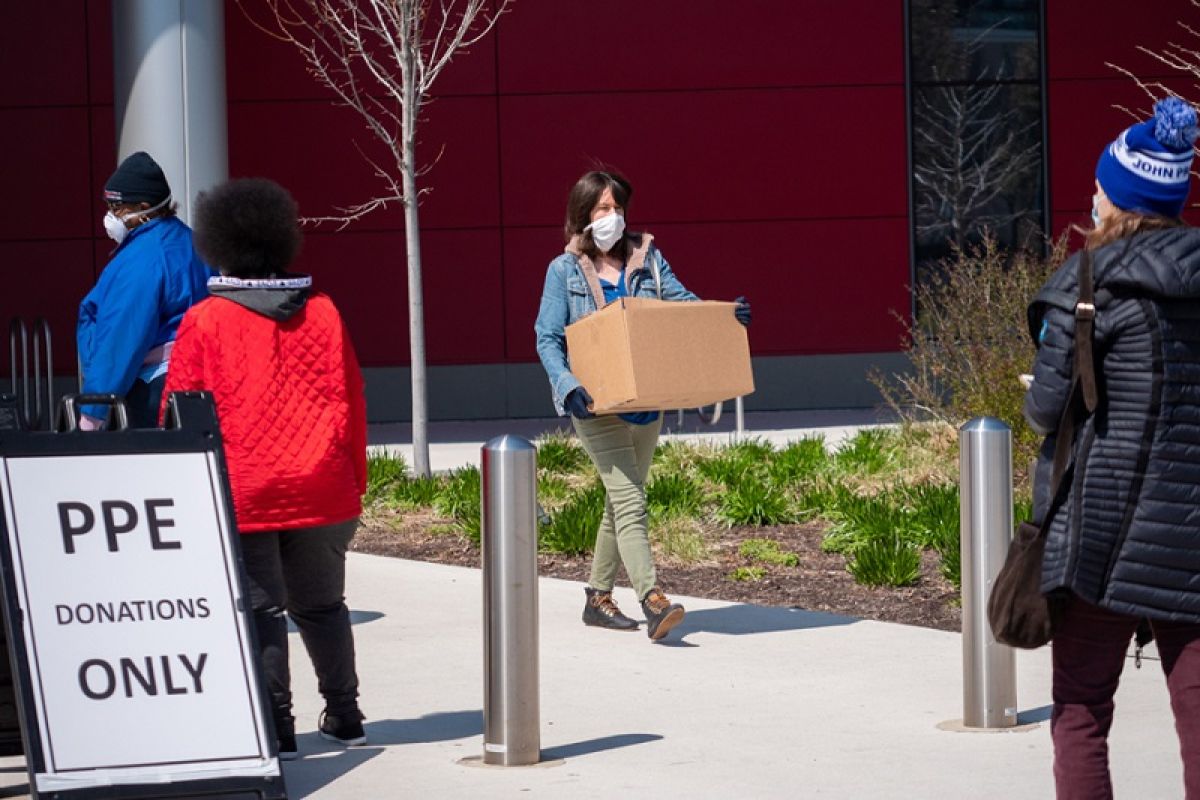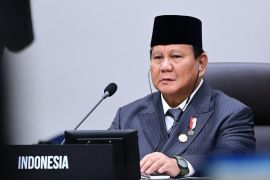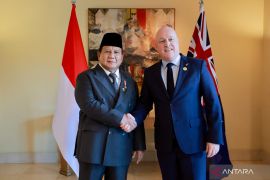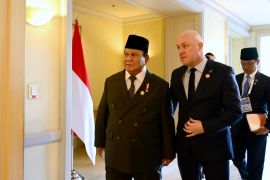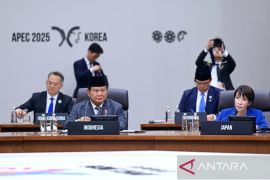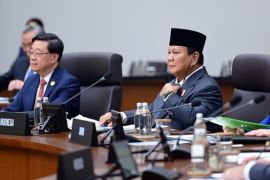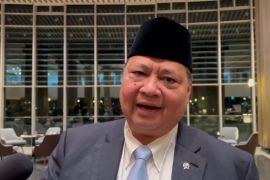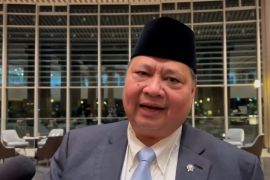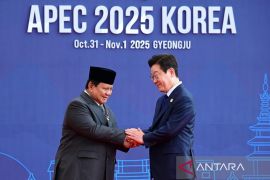Active trade policy responses are critical for reducing the burden on healthcare systems, according to a new policy brief by the APEC Policy Support Unit.
The policy brief, titled "Promoting Trade in Medical Goods to Tackle COVID-19 Challenges", drew attention to the criticality of taking collective action to lower or remove tariffs on medical goods permanently.
"The COVID-19 pandemic has made us realize one thing that readiness, speed, and coordination are crucial when it comes to health emergencies," Executive Director of the APEC Secretariat Rebecca Sta Maria stated.
"Ensuring that the trade policy is in place and providing access to much-needed medical goods will save lives," she emphasized.
While most APEC economies apply low average most-favored-nation (MFN) tariff rates on medicines and medical equipment, the policy brief identifies higher tariffs that are being put in place for a range of medical goods in APEC economies, especially medical supplies and personal protective products.
Ethyl alcohol of 80 percent strength that is used for maintaining hygiene attracts the highest average tariff in the APEC of 77 percent, among all medical goods.
Furthermore, essential medical supplies worn by medical staff, such as rubber gloves and disposable protective clothing, as well as personal protective products, such as face masks, hand soaps, and other cleaning products, are subject to average tariff rates of above five percent within the APEC.
Non-tariff measures can also prevent the smooth flow of medical goods across borders.
Related news: APEC economies encouraged to develop pandemic planning, policy toolkit
Related news: Counter export ban, barriers on medical goods during pandemic: APEC
The policy brief underscores a recent uptick of protective measures being applied by some governments to secure stocks, such as export restrictions on medical supplies, equipment, and protective gear.
"It is important for APEC economies to consider initiatives to avoid the implementation of any unnecessary trade-restrictive measures for trading in medical goods, in particular concerning export bans and restrictions," Carlos Kuriyama, a senior analyst at the APEC Policy Support Unit, affirmed.
The policy brief suggests that export restrictions on medical goods not only curb access to those products, especially to those economies without facilities or with a limited capacity to produce any of these essential medical goods, but they could also hike prices and impact the production chain.
"The APEC can facilitate the flow of medical goods by lowering tariffs following the model used to reduce tariffs in environmental goods and in accordance with a commitment to refrain from implementing unnecessary trade-restrictive measures affecting medical goods," Kuriyama explained.
The COVID-19 pandemic has also triggered an increase of internal movement restriction orders and cross-border restrictions globally, disrupting supply lines and adding pressure to businesses and the people’s livelihoods.
Taking into account the importance of such products in present times, the policy brief also suggests APEC economies to work closely to ensure supply lines remain open for the provision of medical and other essential goods.
Related news: APEC faces output loss of US$2.1 trillion owing to COVID-19
Related news: APEC highlights significance of multilateral cooperation in COVID-19
Reporter: Yuni Arisandy Sinaga
Editor: Sri Haryati
Copyright © ANTARA 2020
